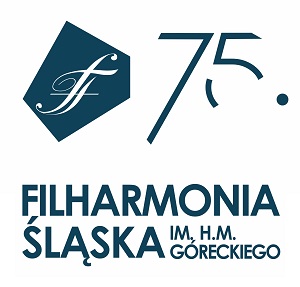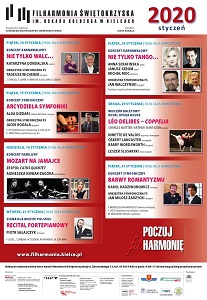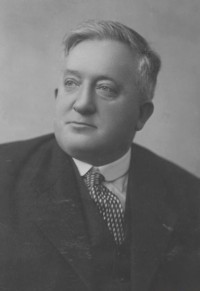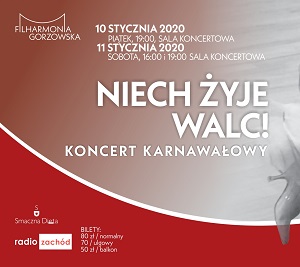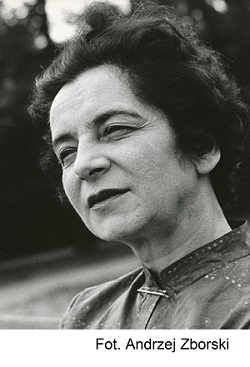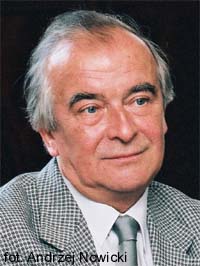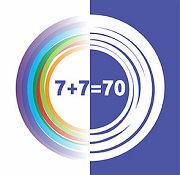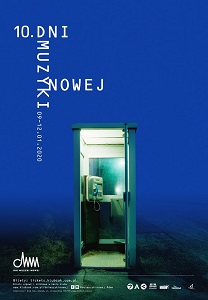
The 10th edition of th New Music Days will take place in Gdańsk on 4-12 January 2020. The programme of the festival proves that every music genre can go beyond beaten paths, inspire and surprise, with the key being experiment and risk.
The idea behind the anniversary edition is to combine electronics with multicultural inspirations, contemporary music and its diverse instruments with fiery avant-garde and minimalism. The festival will feature Kevin Richard Martin, Innercity Ensemble, Daniel Blumberg, Seymour Wright, and Joshua Sabin.
The premiere of a multimedia performance commissioned by the festival, Eye and Ear. Narcissus and Echo, will take place on 4 and 5 January and will be presented by pianist Małgorzata Walentynowicz, and visual artist working in the field of photography, new media, installations and performance, Dorota Walentynowicz. The Tri-City ensemble LowBow, composed of double bassist Maciej Sadowski and cellist Małgorzata Znarowska, will perform on 9 January, presenting works from the album murmurs, which stylistically refers to the folklore of Lithuania, Belarus and Ukraine. The famous composer, arranger and performer Wim Mertens will set off on a tour to celebrate the 40th anniversary of his musical career. On 11 January, he will perform a special solo programme presenting his works from the years 1980–2020.
Kwartludium and Wim Mertens, participants of the first edition of the festival, will perform during the final concert, which will take place on 12 January. The programme will include works by Piotr Peszat, Ivo Nilsson, Krzysztof Wołek, Wojciech Blażejczyk and Lithuanian composer Giedrė Pauliukevičiūtė.
The organizer of the New Music Days festival is Club Żak, and the festival is subsidised by the City of Gdańsk.
Full programme available at: https://klubzak.com.pl/koncerty.html
